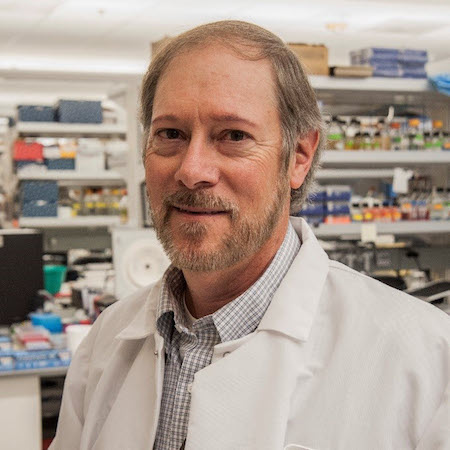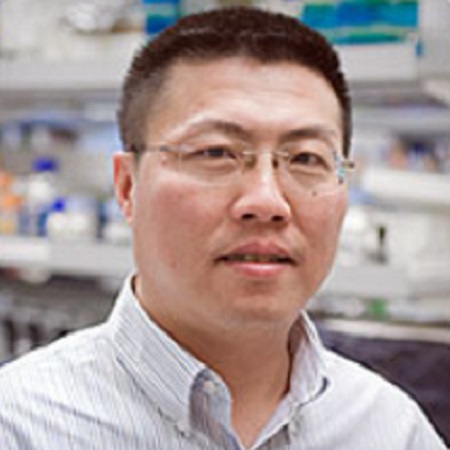The Center for Developmental Biology and Regenerative Medicine (CDBRM) studies the body's response to injury at multiple levels, including molecular, cellular, tissue and whole-organ. CDBRM uses the Beier Lab's research to develop therapeutic interventions that will ultimately help the body repair itself.
-

Beier Lab
The Beier Lab studies organ development and repair using genetic and genomic analysis of model systems and human birth defect syndromes.
Related topics: Congenital developmental defects, genetic kidney disease
-

Bennett Lab
-

Chavkin Lab
Identifying therapeutic strategies towards increasing resilience to heart disease and improving overall health and lifespan of patients.
-

Cherry Lab
-

Franks Lab
The Franks lab aims to understand the cellular and molecular dynamics regulating inflammation and progressive fibrosis by developing computational methods that improve 'omics analyses in complex diseases.
-

Hing Studies
-

Maga Lab
-

Majesky Lab
-

Maves Lab
The Maves lab investigates skeletal muscle and heart development, with the goal of making discoveries that lead to new treatments for muscular dystrophy and heart disorders.
-

McCarthy Lab
The McCarthy Lab is focused on understanding epigenetic mechanisms regulating cell identity during development, and applying these discoveries to cell reprogramming with the goal of developing liver cell therapies for transplantation.
-

Miller Lab
The mission of the Miller Lab is to reduce the burden of undiagnosed genetic diseases on patients and their families by improving the efficiency and effectiveness of genetic testing, and to better understand human genetic disease through the identification and characterization of novel disease-causing variation.
-

Nguyen Lab
-

Nigam Lab
-

Paquette Lab
Pregnancy is a transient but highly important time that shapes health throughout the lifespan. This concept is known as the Developmental Origins of Health and Disease (DOHAD) paradigm. The prenatal environment is influenced by a complex interplay of genetic, environmental and maternal factors. The placenta is a crucial mediator of the in-utero environment, and perturbations to placental function may influence fetal growth and development. Our long-term goal is to gain insight into the underlying molecular mechanisms linking the in-utero environment and birth outcomes by applying innovative network biology approaches and multi-omic data analyses within the placenta.
-

Shih Lab
-

Yu Lab
